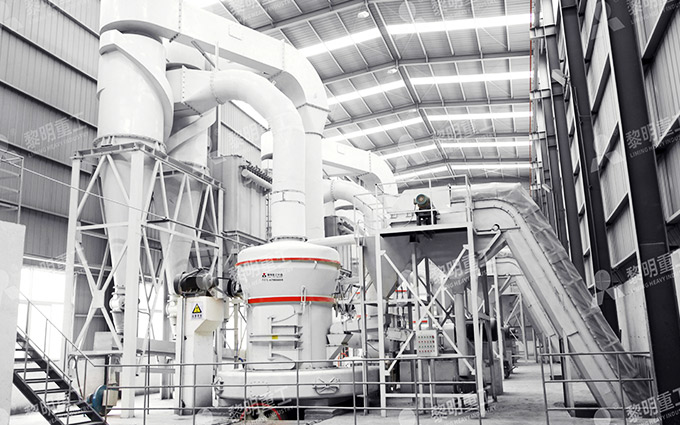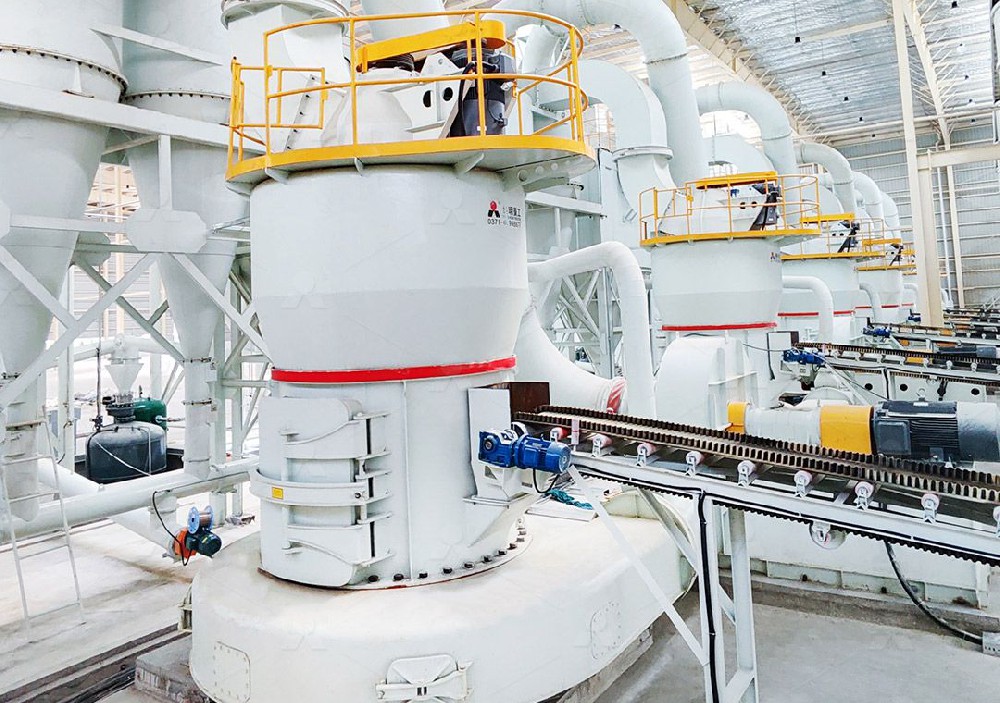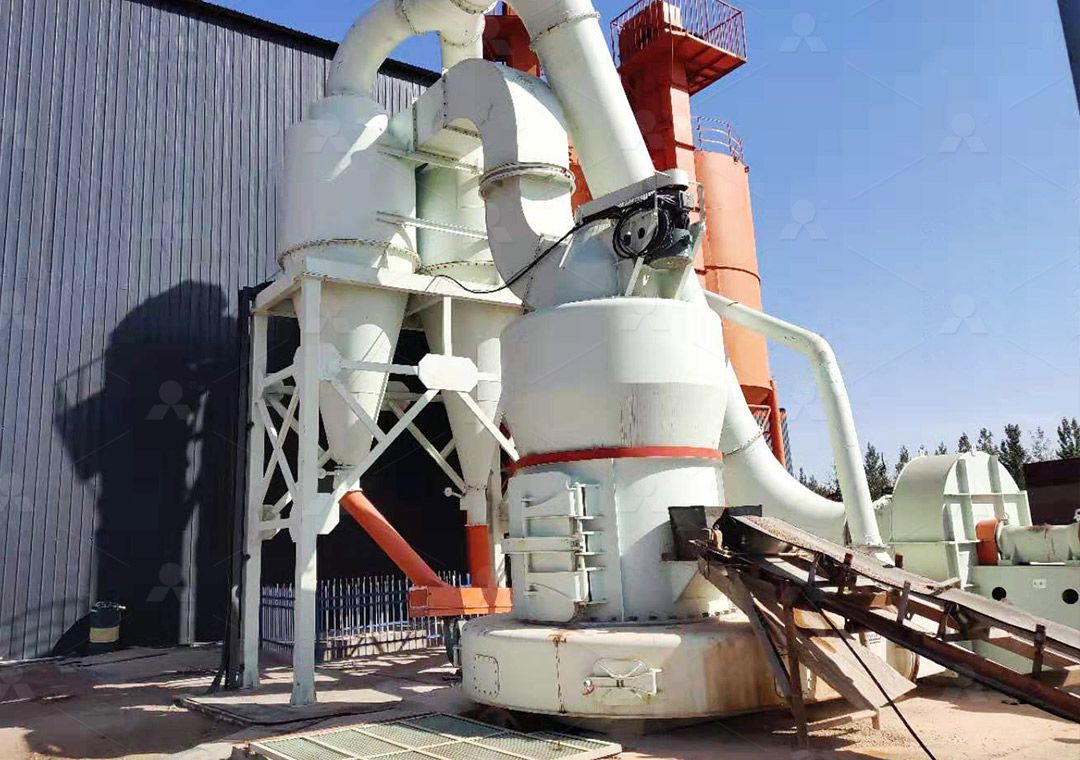Industry News
Advanced Feldspar Grinding Solutions for Ceramic and Glass Production
2025-09-22 10:44:16
We are Liming Heavy Industry, a manufacturer of various types of industrial crushers, such as Raymond Mill, Trapezoidal Mill, Vertical Mill, Ultrafine Mill, Ball Mill, etc.
Our mills can process the following minerals:
limestone, quicklime, kaolin, talc, barite, bentonite, calcium carbonate, dolomite, coal, gypsum, clay, carbon black, slag, cement raw materials, cement clinker, etc.
If you need a mill to process stone or minerals into powder, please feel free to contact me (WhatsApp: +86 153 3380 7511). Thank you.
Feldspar is one of the most important raw materials in the ceramic and glass industries. Known for its fluxing ability, feldspar lowers the melting temperature of mixtures, promotes better vitrification, and improves strength and transparency in finished products. Whether used in ceramic tiles, sanitaryware, tableware, or in glass containers and fiberglass, feldspar must be processed to exact fineness and purity standards.

Consistent particle size distribution (typically 20–150 μm) and low levels of impurities such as iron are critical for product quality. Traditional grinding equipment often struggles to achieve these requirements, resulting in high wear, excess power consumption, and inconsistent output. To overcome these challenges, Liming Heavy Industry offers the MTW European Grinding Mill—a high-performance solution specifically designed for feldspar processing.
Feldspar in Ceramics and Glass
Ceramics: Enhances vitrification, mechanical strength, and resistance to thermal shock.
Glassmaking: Reduces melting temperature and improves clarity in container glass, fiberglass, and specialty glass.

MTW European Grinding Mill – Key Benefits
1. High Efficiency and Energy Savings
Curved Air Ducts: Reduce airflow resistance, cutting energy consumption by up to 20% compared with conventional mills.
Multi-Class Separator: Allows adjustable fineness between 80 and 400 mesh (1.6–0.045 mm), ensuring precise control for both ceramic and glass applications.
2. Superior Product Quality
Wear-Resistant Rollers and Rings: Prevent iron contamination, vital for glass clarity.
Consistent Particle Size: Delivers uniform powders that improve melting behavior and product consistency.
3. Reliability and Easy Maintenance
Centralized Lubrication: Extends component life and minimizes downtime.
PLC Automated Control: Provides stable, efficient operation with minimal manual intervention.
Proven Industrial Performance
High Capacity: Handles up to 50 tons per hour depending on required fineness.
Environmental Compliance: Equipped with pulse dust collectors and low-noise design.
Cost Advantage: Lower power use and reduced wear translate into long-term savings and higher ROI.

Conclusion
For manufacturers of ceramics and glass, achieving reliable, high-purity feldspar powder is essential. The MTW European Grinding Mill from Liming Heavy Industry delivers efficient processing, precise particle control, and superior durability. Combined with comprehensive technical support—from raw material analysis to installation and training—it offers a complete grinding solution tailored to industrial needs.
FAQ
Q1: What mesh size of feldspar is typically required for ceramic production?
A: Most ceramic applications require feldspar ground to between 200 and 325 mesh, depending on product specifications.
Q2: Why is low iron contamination important in feldspar grinding?
A: Iron impurities can reduce clarity in glass and cause unwanted coloration in ceramics, so minimizing contamination is critical.
Q3: What is the maximum capacity of the MTW European Grinding Mill for feldspar?
A: Depending on fineness requirements, the mill can process up to 50 tons per hour.
Q4: How does this mill compare with traditional ball mills?
A: The MTW mill consumes less energy, provides more consistent fineness, and requires less maintenance, offering higher overall efficiency.
Q5: Can the MTW European Grinding Mill process other minerals besides feldspar?
A: Yes. It can also be used for materials such as limestone, barite, calcite, and dolomite.







